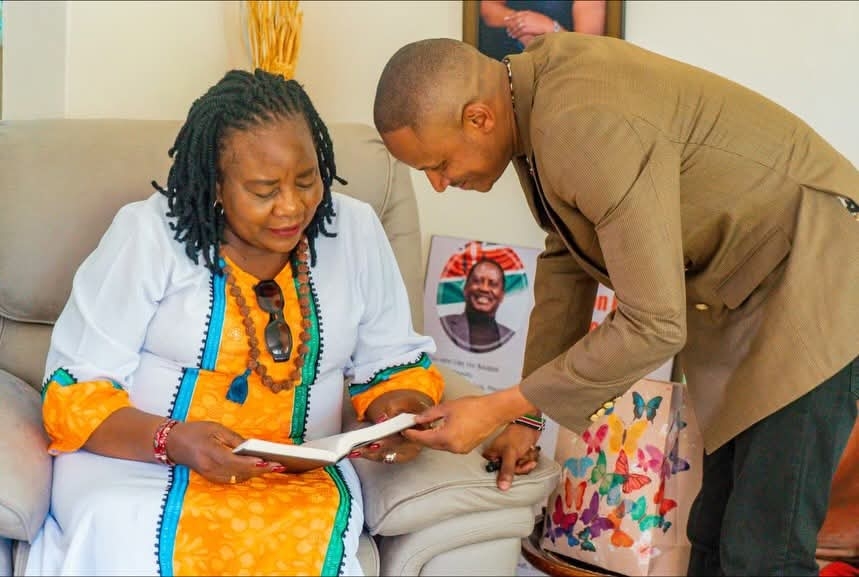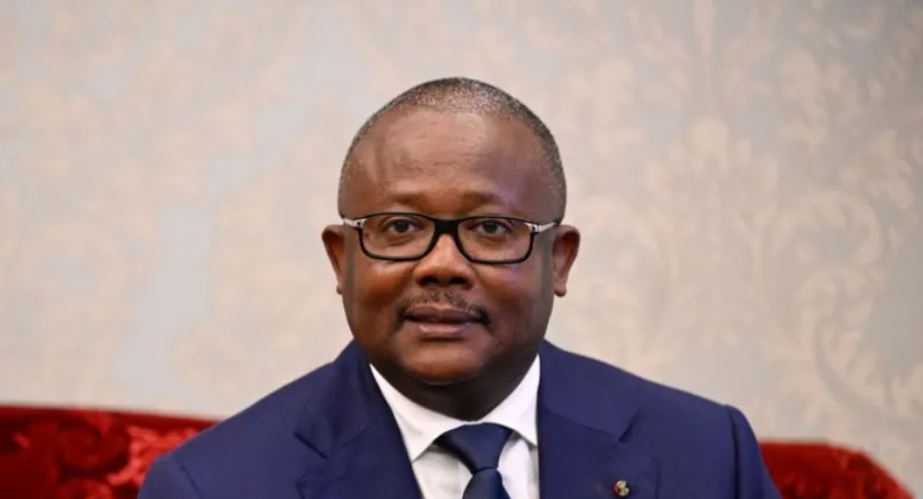Mount Kenya University and Equity Bank will work together in nurturing talent in the creative industry in a move that the two institutions said would uplift the local entertainment industry.
MKU, which last week unveiled and revamped its performing arts department and named it the Churchill Institute of Performing and creative Arts, will train artists while hand holding them to develop bankable ideas.
Equity Bank will on the other hand lend to the artists to enable them kickstart or improve their enterprises, producing quality works of art.
Polycarp Igathe, the group chief commercial officer at Equity Group Holdings, said the lender is hoping to give affordable loans to artists who have bankable ideas, which he noted could be nurtured and fine tuned through institutions such as MKU.
Speaking at the unveiling of the Churchill Institute of Performing and creative Arts, Igathe noted that Equity Bank has set aside Sh5 billion to lend to young people in the creative arts industry.
“The socio-economic transformation of Africa cannot happen if we continue to treat theatre, art, music and other creative arts as a joke. It needs to be treated as a serious craft that evolves to business,” he said.
“As a bank, we are looking to lend over Sh5 billion into these ventures. We have set aside Sh5 billion and want MKU through the institute to develop the people and enable them to come up with bankable ideas and we will be able to fund them using these funds,” he added.
The University last week launched the Churchill Institute of Performing Arts at its main campus in Thika as it seeks to improve the quality of training for players in the creative industry.
The Institute has been named after Daniel Ndambuki (popularly known as Churchill) who started out performing at the Kenya National Theatre.
He would over the the years go on to become a major player in Kenya’s comedy industry with his Churchill Show.
The show is produced by Ndambuki’s company, Laugh Industries, and has been running on local TV since 2007. The show has recently moved from NTV and will going forward air on TV47.
The institute will be domiciled at Mt Kenya University’s Mwai Kibaki Convention Centre and will also serve as a reminder of the comedian's impact in Kenya for generations to come.
Prof Simon Gicharu, MKU Chairman, said the naming was due to the comedian’s contribution to the growth of Kenya’s creative industry.
He said the institute has been modelled like many that are run by Ivy League Universities including Oxford University’s Dramatic Society, which has produced among the biggest players in the global film industry.
“We realised that so many youth have untapped talents in performance and creative arts. We aim to reactivate and rejuvenate their talents through this Churchill Institute of Performing Arts,” he said.
“Through the Institute, we will challenge ourselves on how production of entertainment can continue even in such a scenario in future," noted Gicharu.
Students with potential to excel in the creative industry, he said, would be granted scholarships as is the case with universities in the US and other parts of the world, which offer scholarships based on talents such as acting, music and sports.
The chairman said the institute would give honorary awards to players in the field of performing arts, which will mean thespians, actors and musicians will be given honorary degrees, a rarity in the region.
Prof Gicharu added that the creative industry is as critical as other industries, noting the important role it played when Covid-19 broke out, in helping people cope with isolation and avoid mental health issues.
“When the Covid-19 pandemic struck the globe in 2020, people were confined to their homes during the lockdowns. The prolonged periods of idleness left a vacuum in people’s lives that could only be filled through Creative Arts,” he said.
“In homes, without means of filling the void, there were increased cases of suicides, break-ups and substance abuse.”Ndambuki said the move would be a game changer for the creative arts industry, adding that not many institutions in the region have looked into offering studies on the industry, despite having massive potential.“For the first time in Africa, we are going to have a school of film at MKU,” said Ndambuki.
WATCH: The latest videos from the Star















